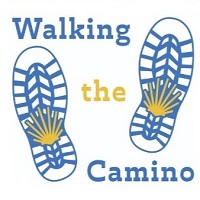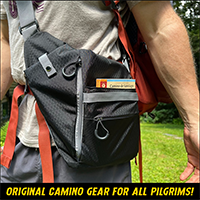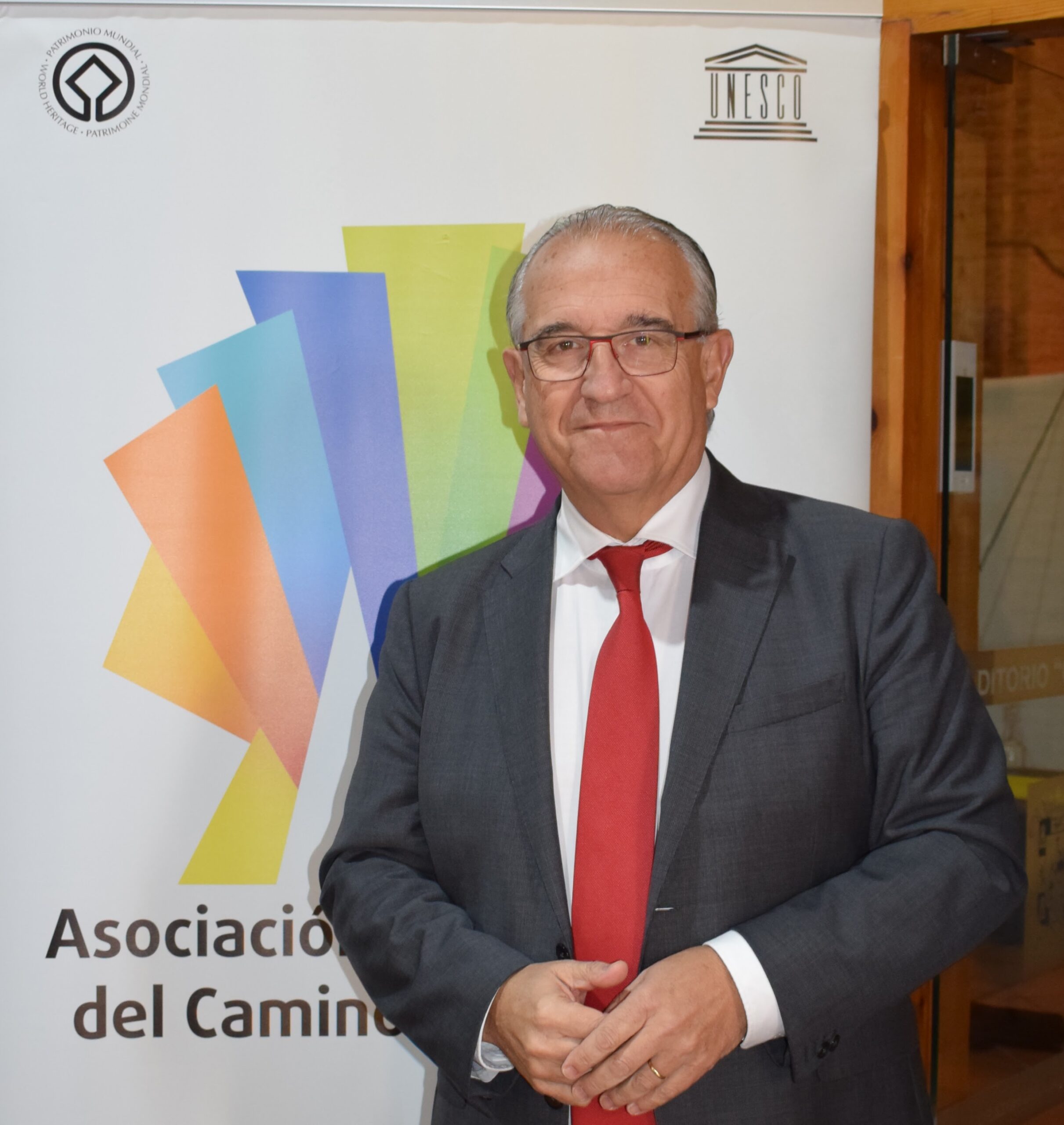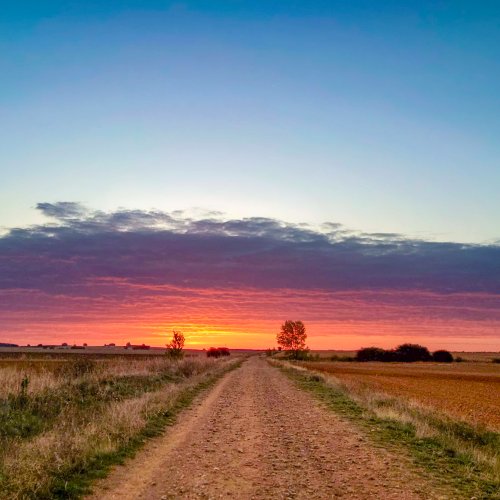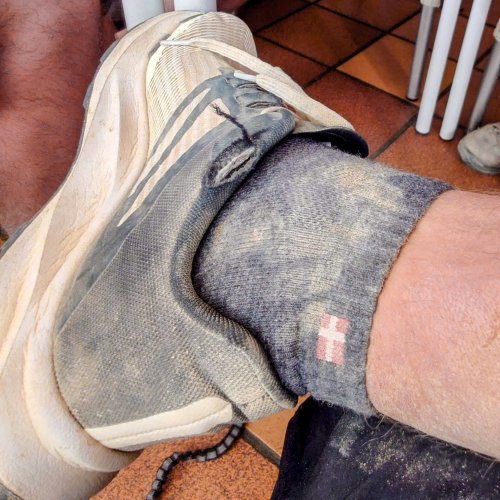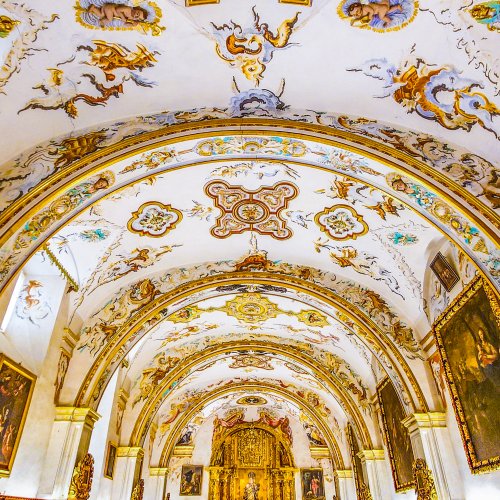- Time of past OR future Camino
- Too many and too often!
There has been a meeting this week of representatives of municipalities along the Caminos. One of the topics under discussion has been ways of encouraging more pilgrims to walk longer distance journeys on the Camino Frances. One suggestion was that pilgrims who walk longer distances should receive a special Compostela. I'd be interested to know what people here think of the idea.
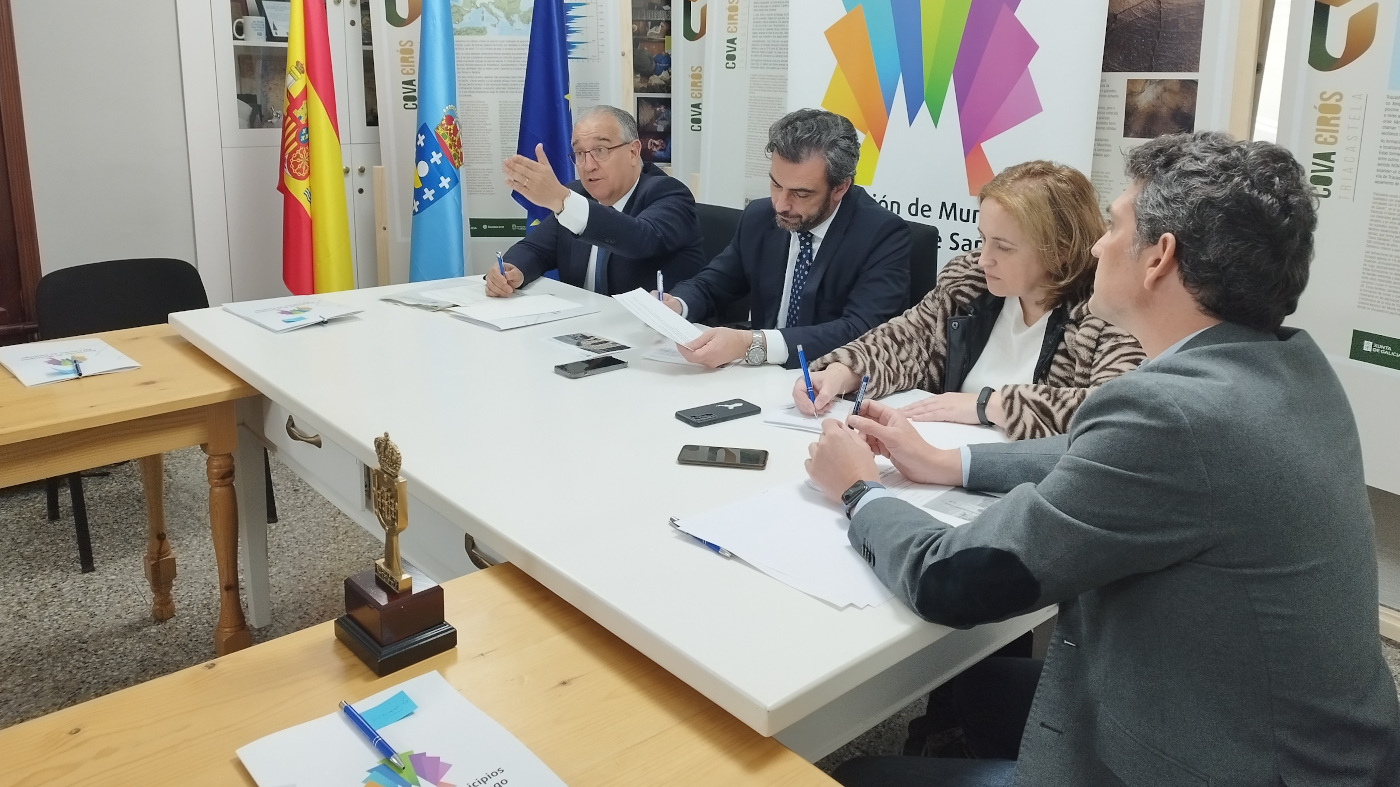
 www.elprogreso.es
www.elprogreso.es

El Camino Francés se marca como reto el peregrino de largo recorrido
La asociación nacional de municipios destaca en Triacastela el papel de los pueblos pequeños
 www.elprogreso.es
www.elprogreso.es





